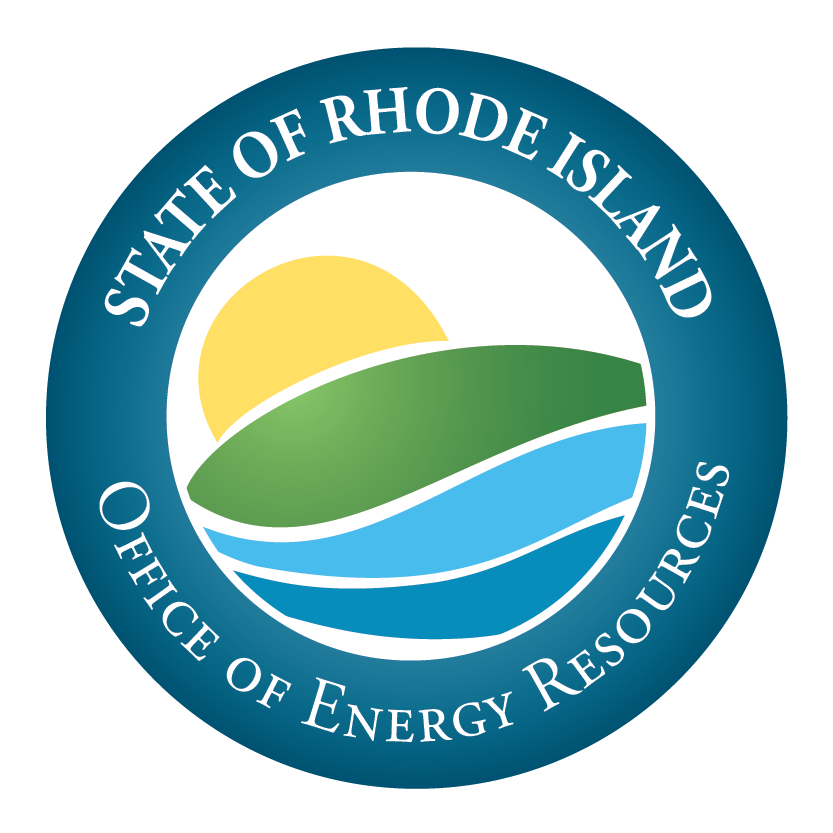Energy Profiles
- Clean Energy Internship Program ends successful first season | September 2019
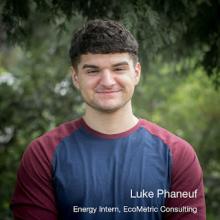
This summer, the Rhode Island Office of Energy Resources and the Commerce Corporation placed seven interns with six companies via the Clean Energy Internship Program. Funded by the Renewable Energy Fund, this program provided these young professionals with the opportunity to work with a clean energy company to gain experience in their fields.
- Company Profile: Blount Boats | July 2019
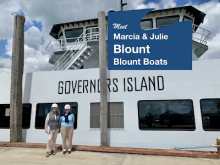
When the Revolution Wind project starts construction in 2022, hundreds of workers will be needed for the assembly of about 50 offshore wind turbines. However, transporting all these workers to their job sites and then back to shore at the end of the day presents a logistical challenge.
- Company Profile: Specialty Diving Services | March 2019

We see builders all over Rhode Island working on roads, bridges and buildings. However, there is another type of builder we never see – those working in the depths of rivers, lakes, bays and the open ocean. Nick Tanionos is CEO of Specialty Diving Services, an underwater construction company located at the Quonset Port and Commerce Park, North Kingstown, in the heart of Narragansett Bay.
- Company Profile: TPI Composites | November 2018

TPI Composites, located in Warren, uses a special molding process to make the bus bodies lighter, stronger and last longer. The lighter body allows the bus to use less electricity and travel more miles on a single charge than a traditional diesel bus. TPI shipped the completed body to Proterra in California where the company assembled the bus.
- Energy Profile: Town of Westerly | November 2018
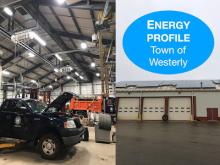
The Town of Westerly, with its world-famous Watch Hill coastal village, is among Rhode Islanders’ favorite summer destinations. Rich in history, it has been home to Hollywood legends such as Clark Gable and business titans including Henry Ford.
- Energy Profile: Helping Hands Community Partners completes major energy efficiency project | October 2018

Helping Hands Community Partners, a Providence-based nonprofit organization, actively works with government agencies and banks to acquire distressed properties. Using local labor, Helping Hands rehabilitates those properties so they can be sold at below-market prices...
- Meet Lisa Bryer, Jamestown Town Planner | September 2018
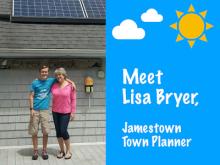
Lisa Bryer has been the Jamestown Town Planner for 21 years. She lives with her husband, James, who works as the town’s fire chief. They have a son, Ian, and daughter, Rachel. Lisa has always considered herself to be environmentally conscious and wanted to do her part to help the world by reducing her reliance on fossil fuels.
